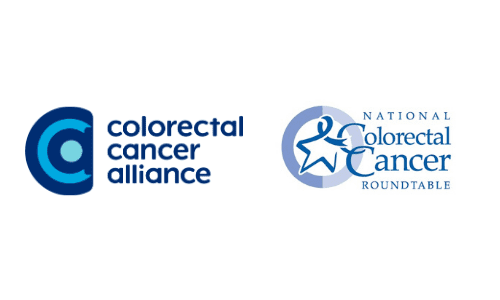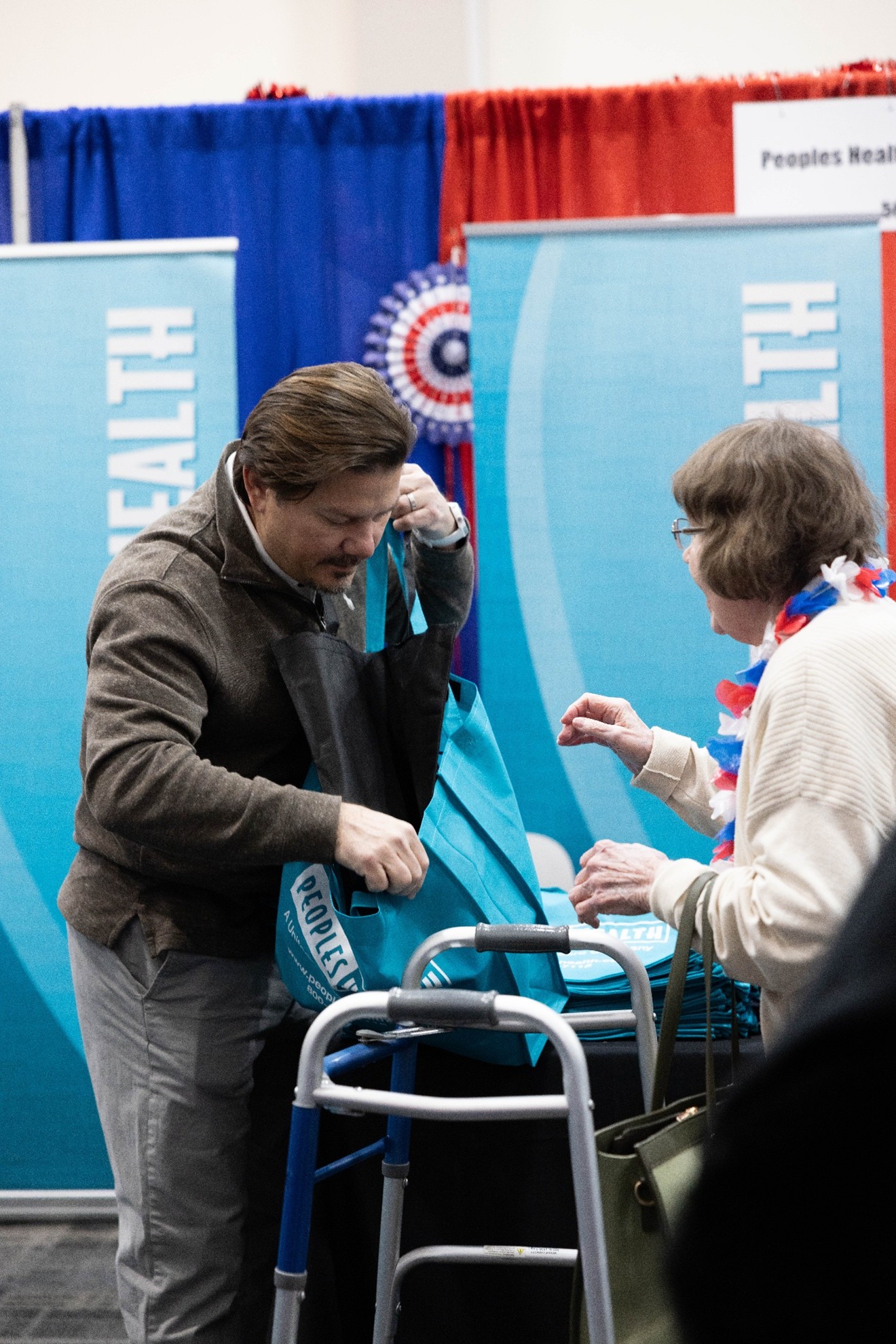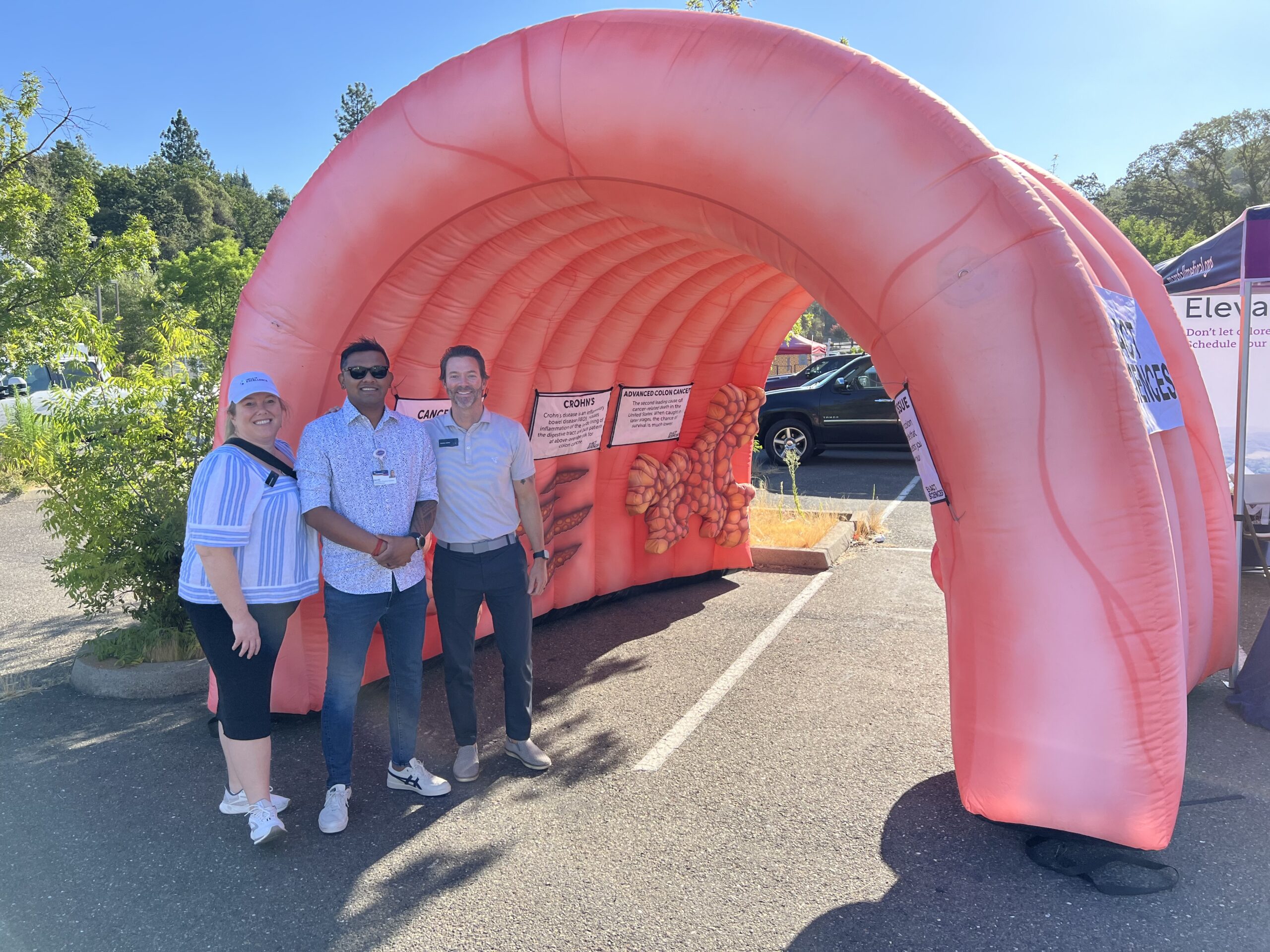Expert Stakeholder Panel Focuses on Colorectal Cancer Screening in the COVID-19 Era

COVID-19 has produced far-reaching and significant health impacts, including a drastic reduction in all cancer screenings. In response, national nonprofit Colorectal Cancer Alliance and the National Colorectal Cancer Roundtable—an organization founded by the American Cancer Society and the Centers for Disease Control and Prevention—convened a panel of prevention and screening experts to offer a united response and propose national guidance on improving colorectal cancer screening rates during the COVID-19 era.
Colorectal cancer screenings have dropped by 86% relative to averages prior to January 20, 2020, according to an analysis by Epic Health Research Network. As a result, Americans are at risk of up to 18,000 missed or delayed colorectal cancer diagnoses in the early March to early June timeframe, according to a report by the IQVIA Institute for Human Data Science.
“Colorectal cancer rates will not relent in the face of COVID-19 and neither can the healthcare leaders working to stop this deadly but highly preventable disease,” said Michael Sapienza, CEO of the Colorectal Cancer Alliance. “It was hard enough to convince people to go get screened for this disease without COVID-19, now we face even more severe challenges.”
The expert panel discussion, which occured on May 5, produced four critical points from which further communications and recommendations will emerge:
- Despite the challenges we face during the pandemic, we must provide the public with safe opportunities to prevent and detect disease whenever possible.
- Colorectal cancer is one of the most preventable cancers.
- During a time when availability of elective screening colonoscopy may be limited by the COVID-19 pandemic, colorectal cancer screening can be safely offered through at-home stool-based tests. A positive stool-based test identifies an individual with a higher risk of colorectal cancer, for whom colonoscopy should be prioritized.
- Resumption of screening activities and public messaging will be highly dependent upon regulatory requirements in local geographic areas and public health priorities.
Individuals should speak with their doctors about the best colorectal cancer prevention plan for them.
In 2020, the American Cancer Society estimates that 147,950 will be diagnosed with this disease and approximately 53,280 will die, making colorectal cancer the second-leading cause of cancer death in the U.S. when men and women are combined. Screening can prevent many cases of colorectal cancer through the detection and removal of precancerous growths. Colorectal cancer screening can also detect cancer at an early stage, when treatment is usually less extensive and more successful. Patients have access to a variety of screening options that are safe, affordable and in some cases, can be performed at home.
“COVID-19 is one of most extraordinarily complex issues we’ve ever encountered in health care, due to the demographic variability and unique challenges it presents both the public and healthcare workers, including the emotional aspects,” said Dr. Richard Wender, Chair of the NCCRT. “I believe we need to figure out how to start screening as soon as we can, and I believe we can do it safely.”
At a time when various stakeholders are engaging in battle on the frontlines against COVID-19, the panelists engaged in thoughtful discussion about the long-term health, moral and economic consequences on colorectal cancer screening. The multi-stakeholder panel uniquely represented a variety of perspectives, including professional associations, public health organizations, patient organizations, screening companies and other thought leaders committed to preventing colorectal cancer and providing the safest recommendations for screening to the public. The Colorectal Cancer Alliance, NCCRT and the other represented organizations panel will continue working on communications and recommendations for the public, media and healthcare professionals.
About the Colorectal Cancer Alliance
The Colorectal Cancer Alliance is a national nonprofit committed to ending colorectal cancer. Working with our nation of passionate allies, we diligently support the needs of patients and families, caregivers, and survivors; eagerly raise awareness of preventive screening; and continually strive to fund critical research. As allies in the struggle, we are fiercely determined to end colorectal cancer within our lifetime. Learn more at www.ccalliance.org.
About the National Colorectal Cancer Roundtable
The National Colorectal Cancer Roundtable, established by the American Cancer Society (ACS) and the Centers for Disease Control and Prevention (CDC) in 1997, is a national coalition of public organizations, private organizations, voluntary organizations and invited individuals. The coalition is dedicated to reducing the incidence of and mortality from colorectal cancer in the U.S., through coordinated leadership, strategic planning, and advocacy. The ultimate goal of the NCCRT is to increase the use of proven colorectal cancer screening tests among the entire population for whom screening is appropriate. The NCCRT established the 80% in Every Community initiative which is dedicated to partnership, collective action, and the pooling of resources to reach 80% colorectal cancer screening rates nationally. Learn more at www.nccrt.org/.
Media contact:
Maurisa Turner Potts
[email protected]
(P) 703.501.6289


